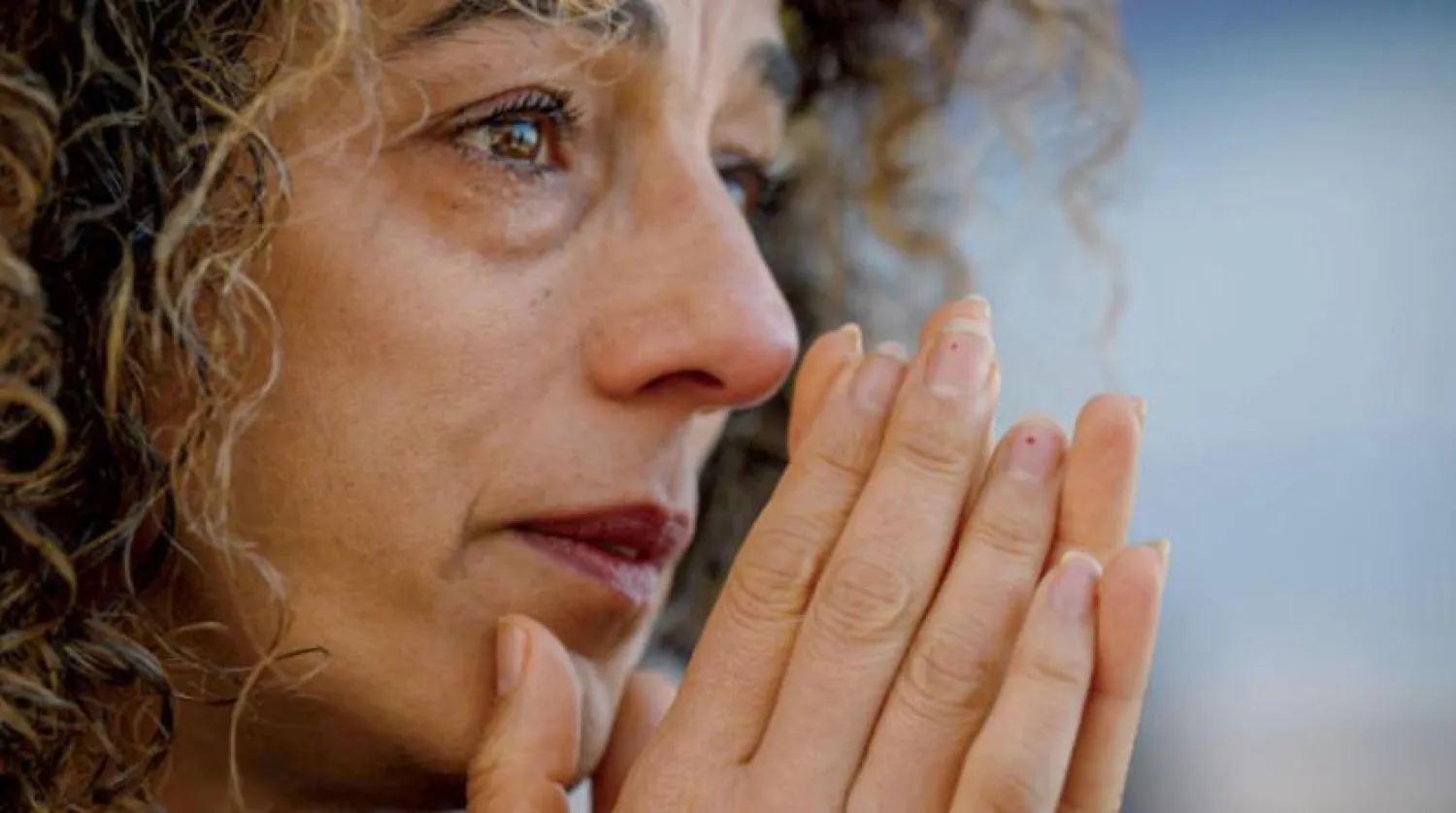Iran may use the veil as a tool of oppression, but the hijab is also the weakest pillar of an embattled regime trying to forestall its own "Berlin Wall" moment, an Iranian-American activist based in New York tells AFP.
Masih Alinejad, 45, who fled Iran in 2009, became known in 2014 after she launched a social media campaign called mystealthyfreedom.org that encourages Iranian women to protest against the obligation to wear the hijab in their country.
In her opinion, Iranian women rejecting the mandatory hijab will have a similar effect as the fall of the Berlin Wall in 1989, which marked the beginning of the end of the Soviet Union.
The journalist and activist now has 500,000 followers on Twitter and eight million followers on Instagram, where she posts dozens of photos or videos every day of Iranian women removing their hijab or images of the violent repression in her homeland.
She has become a voice in exile for the protests that have rocked Iran since their initial spark: the death on September 16 of 22-year-old Mahsa Amini at the hands of morality police in Tehran.
Alinejad's public standing increased markedly in mid-2021, when US prosecutors indicted four "Iranian intelligence agents" for plotting in 2018 to kidnap her and whisk her back to Iran, where one of her brothers was also imprisoned.
"To me, the compulsory hijab is like the Berlin Wall. If we tear this wall down, the Islamic Republic won't exist," Alinejad told AFP, a flower peeking out from her curly and voluminous hair.
The comparison with the toppling of the Berlin Wall is dear to her and clearly needles Iran's supreme leader Ali Khamenei, who in a speech this week said "US political elements" making the analogy do not feel sorry "for the death of a young girl," but instead have broader political aims.
"That actually shows you that compulsory hijab is the weakest pillar of the Islamic Republic. That is why the regime is really scared of this revolution," Alinejad said.
She argued that if Iranian women succeed in saying no "to those who are telling them what to wear, these women will be more powerful to say no to (a) dictator."
The crackdown on the demonstrations caused the death of dozens of people, human rights organizations say.
The hijab "is a tool to oppress us... to control women" and "to control the whole society through women," Alinejad said.
Iran's TikTok generation is protesting the use of women's bodies as "a political platform for our government, for the Islamic regime to write its own ideology."
Far from her country of birth, Alinejad has found employment as host of a program on the Persian service of Voice of America, the US government-funded outlet. She's also faced criticism on social media for taking a hard line opposing any negotiation with Tehran on nuclear issues. Some see her as serving US interests and feeding Islamophobia.
She offers a tart response that brings tears to her eyes: "I invite them all to go to Afghanistan, to go to Iran."
Alinejad says fear has been a constant presence both inside Iran and abroad.
Exiled life in the United States holds its own dangers. "I'm not safe here in America," she said, recalling the 2018 kidnapping attempt against her.
More recently, in late July, a man was arrested after loitering around her home in Brooklyn. The FBI found a Kalashnikov in his car. Since then, the activist has had to move.









